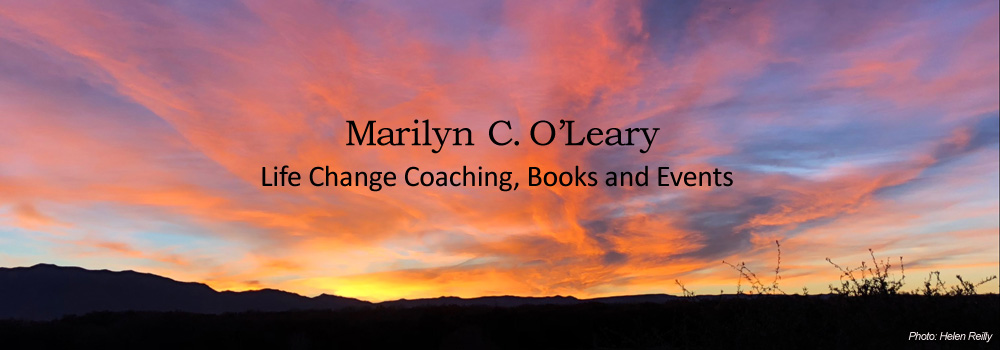I’m writing this as the government’s economy is threatening to go into meltdown. The media are in their usual fear mode, and while we have our own ideas of why this is happening most of us don’t know what it means to us and our own personal economy. In the midst of this crisis I read a life-changing book, Lynne Twist’s The Soul of Money www.soulofmoney.org. Lynne is an international advocate to empower women, who, for more than 20 years, was an executive of The Hunger Project. Her book is about how our individual relationship with money, no matter how much we have, affects our whole life. It’s about how our own greatness is found in our soul, not in what we have, and how we can use money consistent with our highest values to express our own soulful commitments.
Lynne shows the three “toxic myths of scarcity”: there’s not enough, more is better, and that’s just the way it is. These myths are propagated by the world economy we live in. They’re so much a part of us that we don’t even recognize them as myths. In the mind set of scarcity, there is never enough. Just as I finished reading this book I heard an ad with a woman’s voice saying, “More–that’s my favorite word.” It was about buying more for less. I call that my “Costco” mode, thinking that it’s a bargain to buy more than I need even if I don’t use it all or have to throw some of it away. It’s a way of filling my shopping addiction. For me, shopping like that is like overeating – it only feels good for a short time and it’s wasteful because it’s more than I need.
The truth is that, instead of scarcity, we can have the experience of sufficiency, which allows us to engage in life from a sense of our own wholeness rather than from what’s missing from us and our life. This is not just about how our society instills in us a sense of lack and inadequacy so that we will buy more, but about how we are already whole, and how if we see that money is like water, we can always be in the flow. Our national and global problems are not that money is scarce, it’s that there is an unequal distribution and it’s not being circulated.
Reading this book reminds me of an affirmation my friend Mary shared with me. “There is enough; I have enough; I am enough.” My personal revelation from The Soul of Money is that enough doesn’t mean excess. I don’t have to have too much in order to have enough. Enough is enough, and if I have faith that I will always have enough, which I always have had, I don’t need aspire to too much and more.
Read this book for an opportunity to transform your relationship to money, no matter what the government does or doesn’t do.
Marilyn, July 30, 2011

